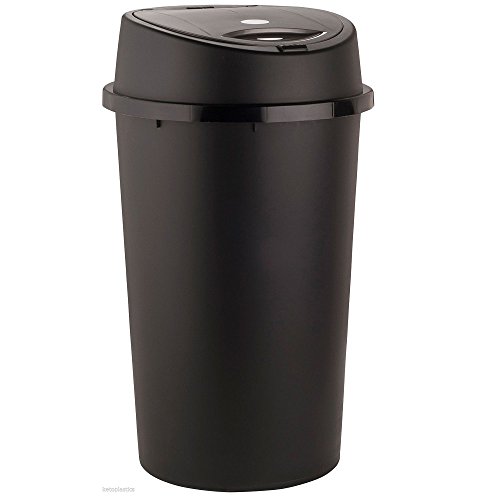Inspect The Bin Regularly
One of the most important safety precautions to keep in mind when using a fuel storage bin is to inspect it regularly. This includes checking for any signs of wear and tear, such as cracks or leaks, as well as checking the condition of any seals or gaskets. Regular inspections can help identify potential issues before they become more serious problems, reducing the risk of accidents or damage to the bin.
Follow Proper Handling Procedures
When using a fuel storage bin, it is crucial to follow proper handling procedures. This includes wearing appropriate protective gear, such as gloves and eye protection, during any fuel transfer or storage activities. Additionally, it is important to ensure that all fuel is handled in a well-ventilated area to minimize the risk of fumes accumulating and causing a fire or explosion.
Store Fuel in Approved Containers
Another safety measure to keep in mind when using a fuel storage bin is to store the fuel in approved containers. This means using containers that are specifically designed for fuel storage and are made of materials that are resistant to corrosion and leaking. Using improper containers or transferring fuel into unsuitable containers can increase the risk of spills or leaks, which can be hazardous.
Keep the Area Clean and Clear
It is essential to keep the area around the fuel storage bin clean and clear of any debris or flammable materials. This helps reduce the risk of fires or explosions caused by accidental ignition of nearby objects. Regularly inspect the area and remove any trash or obstructions to ensure that there is adequate space for safe access to the bin and to prevent any potential hazards.
Follow Local Regulations and Guidelines
Lastly, it is crucial to follow all local regulations and guidelines when using a fuel storage bin. These regulations may vary depending on your location, so it is important to familiarize yourself with the specific requirements in your area. This can include obtaining any necessary permits, following specific storage capacity limits, and complying with any additional safety measures mandated by local authorities.






